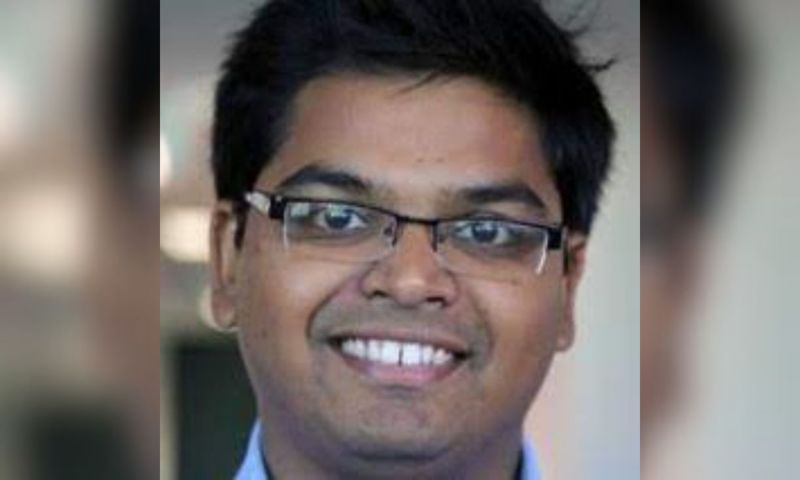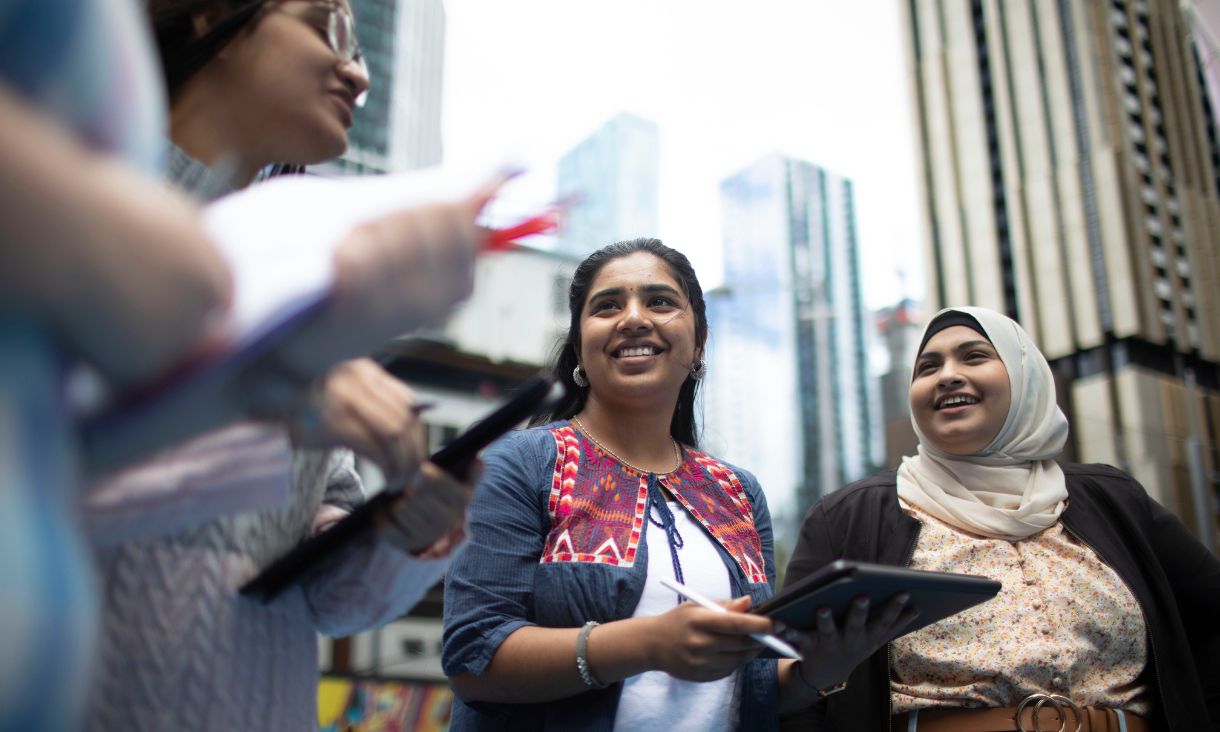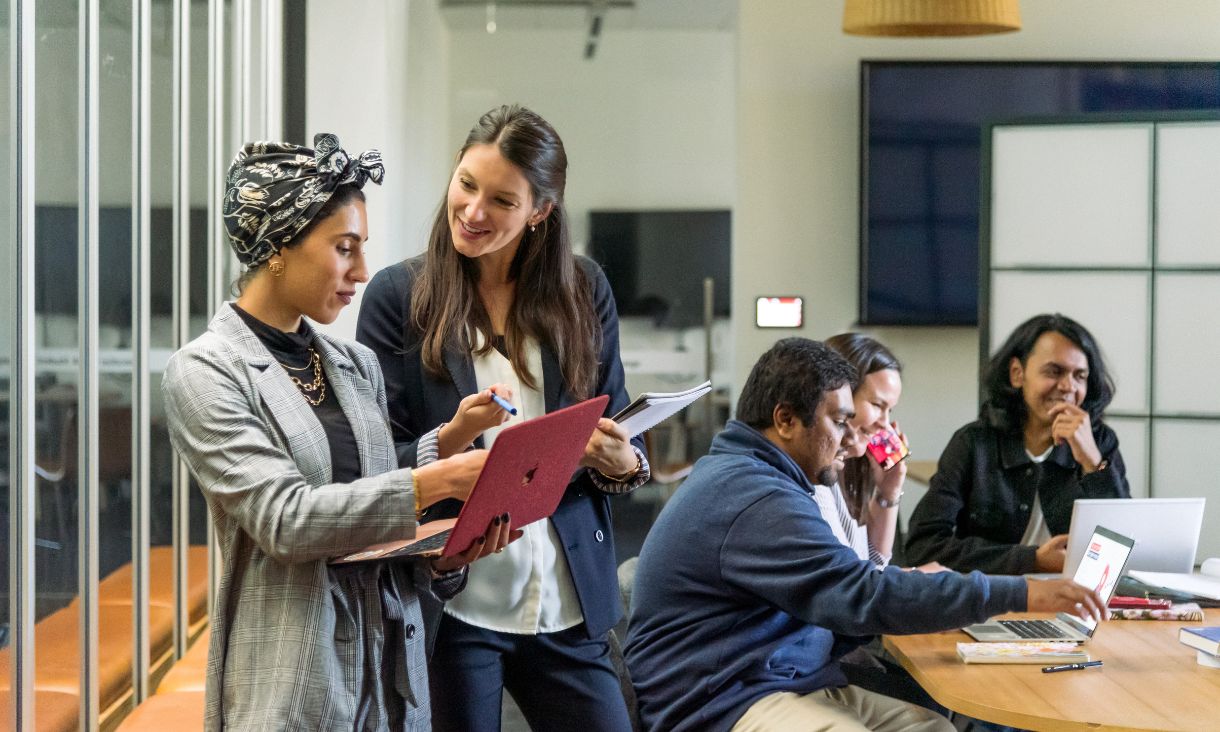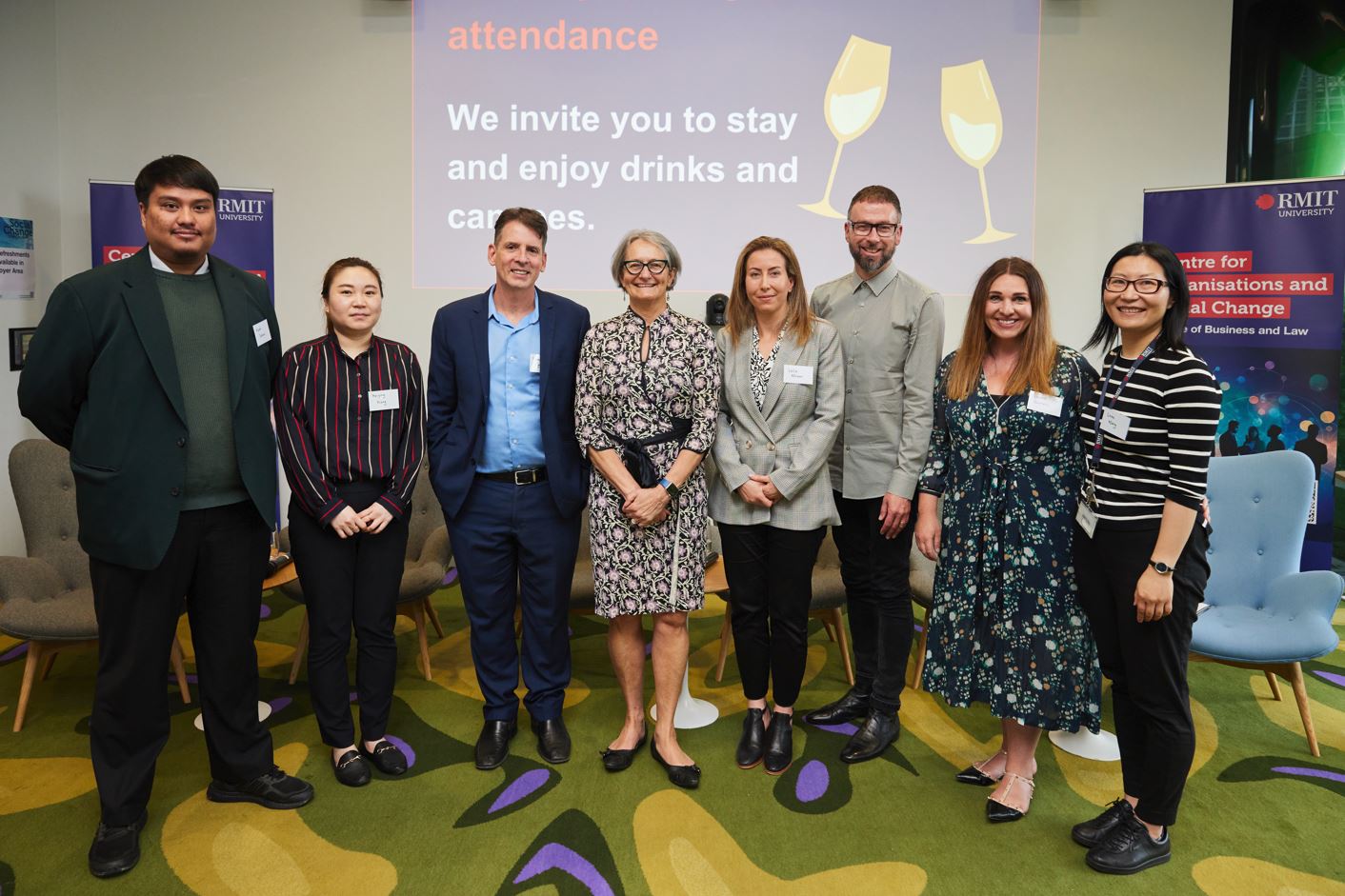Student-led learning
Students were given the opportunity to be active partners in their learning by co-designing the assessment topic and learning outcomes that would provide relevant capabilities, knowledge and skills for their professional futures.
This approach gave students significant autonomy over their learning and a sense of ownership over their work. This sparked students’ self-motivation and resulted in stronger course engagement.
‘Empowering students to collaboratively create their learning outcomes not only fosters their sense of ownership but also ignites their intrinsic motivation to excel in their studies,’ Mohammad explained.
The topics students selected were checked off by Mohammad to ensure they met the assessment criteria and overall Course Learning Outcomes.
'The chance to create a meaningful project within an area of interest to us, that also met the requirements for the course outcomes was a unique approach that made engaging with the topics easier.’ – Anoop Tanda, Computing Engineering student
Students were grateful for the opportunity to put the theory they had learnt through their degree into a practical, real-world project and develop practical engineering skills in their final semester.
‘On top of that, working in a team where everyone had different levels of experience in those different areas helped us develop skills in communication and managing projects as well.’ said Sai Thotakura, a Computing Engineering student.
The personalised assessment model also helped to support greater academic integrity within the course as assessments were individualised and unique.
‘We found that when students were undertaking the same projects, they would share information with each other and, intentionally or unintentionally, cross the lines of academic integrity,’ Mohammad said.
‘Individualising the project outcome and, more importantly, sparking students' sense of ownership and pride over their work increased students' engagement with and integrity of the task.’
Impactful results
Actively engaging students through the co-design of assessments not only fostered a strong connection with and ownership over their work, but encouraged creativity, innovation and a deeper commitment to their work.
This approach also fostered critical thinking, problem-solving, and a deeper understanding of the interdisciplinary nature of computer engineering, helping students gain a holistic understanding of Computing Engineering.
‘Opportunities to work on a project like that in a holistic manner are not common in other courses and since engineering is quite a practical field in the industry, I appreciated being able to develop those skills in my degree.’ - Sai Thotakura, Computing Engineering student
Students walked away from the new course as future engineers who are not just skilled but personally invested in the solutions they engineer and well prepared for the dynamic industry demands required of them and
As a result, the 'Computing Engineering' course has witnessed higher course retention and attendance rates among students.




